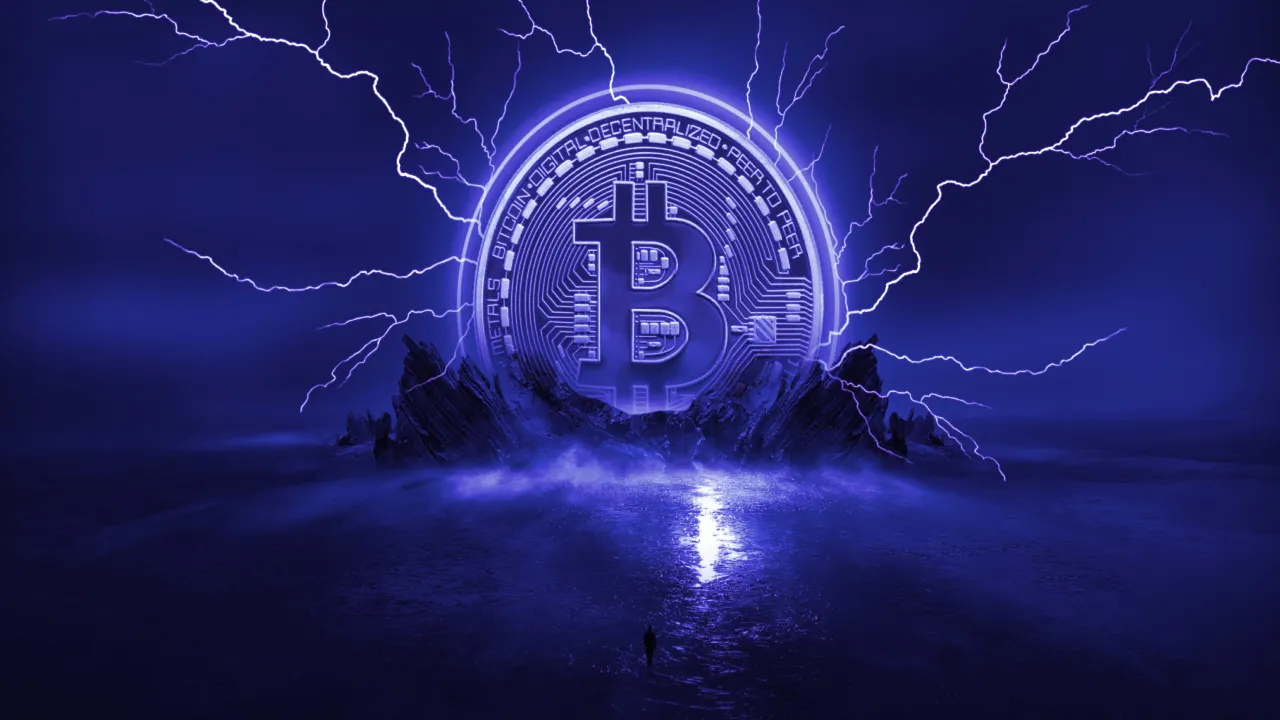ZEBEDEE, a crypto startup focused on payment solutions using the speedy Lightning Network, has launched a new initiative to contribute open-source code and products to the layer-2 protocol built on top of Bitcoin.
Dubbed No Big Deal (NBD), the new not-for-profit project has already resulted in several products and code repositories available to anyone willing to build on the Lightning Network.
As noted by Andre Neves, co-founder and CTO of ZEBEDEE, NBD is not about selling or supporting products or services. Instead, it’s about the startup writing code and giving it away to the world so that anyone can take any part of it and use—or transform it at one’s own will—to build products of their own.
“We basically created an entire suite of tools for the modern sovereign individual, from the client you’d use to set up a node, to the wallet you’d use to manage your funds in a self-sovereign way,“ Neves said in a statement. “It’s important to us to have something real, concrete, and useful to show before we talk about it, so this has actually been a long time coming. But it’s No Big Deal, really.”
ZEBEDEE and the Open Bitcoin Wallet
The first wave of NBD products includes the Open Bitcoin Wallet (OBW)—a non-custodial Bitcoin Lightning wallet—and revolves around the novel concept of Hosted Channels, which remove the need for Bitcoin to be locked up inside a Lightning channel for payments to be able to move.
“The focus on Hosted Channels for this first wave of releases is because we believe that it is one of the most promising methods of scaling Bitcoin through Lightning Network to the masses in a sovereign manner, while maintaining easy UX,” Neves told Decrypt.
According to ZEBEDEE’s CTO, one of the notorious problems with onboarding users to the Lightning Network in a non-custodial fashion is that one cannot receive or send funds until they have enough inbound and outbound liquidity.
This entry barrier represents quite a technical challenge, pushing away many not-so-tech-savvy users away.
“With Hosted Channels, a non-custodial Lightning wallet (e.g. OBW) can be set up in seconds by requesting a Hosted Channel from a LSP (Lightning Service Provider). This is a trusted setup, but only temporarily. Once users have earned enough Bitcoin through these Hosted Channels, they can open normal Lightning Channels,” said Neves.
He explained that in the current model, every time a Lightning channel is opened, there are associated on-chain fee costs involved and one must wait for a transaction to be included in a block. With Hosted Channels, an LSP can provide the liquidity “right off the bat, without having to lock up funds/pay fees, just to be able to route payments from and to this new user.”
“The goal is to facilitate onboarding and reduce capital requirements for new onboarding users, while providing a clear path to moving from this hybrid model to a fully non-custodial model,” added Neves.
As for what makes the Open Bitcoin Wallet unique, Neves said “it is one of the only Bitcoin and Lightning Network wallets to support the full suite of LNURL protocols,” which serve as a method of communication between Lightning wallets and external applications and third-party services.
According to Neves, “this means requesting Lightning channel opens through LNURL Channel, this means paying to static Lightning QR codes through LNURL Pay, logging in with Lightning through LNURL Auth (a fast-growing method of authentication for apps and services), as well as support for withdrawing from services through LNURL Withdraw.”
Additionally, OBW supports natively sending to email-like Lightning addresses (e.g. send 100 sats to satoshi@satoshi.com) regardless of the provider, as well as an in-depth coin control management to allow for segregation of UTXOs for privacy-conscious users.
Spinning up a Lightning node
The first batch of NBD products also includes a CoreLightning (CLN) plugin that allows a node operator to run and serve Hosted Channels for wallets like OBW, but developers said they are already looking at other areas of open-source development—not necessarily focused on Lightning or Hosted Channels.
“NBD is cypherpunk. NBD writes code. We will continue to put out software, ideas, protocols, research about Bitcoin and Lightning Network development. That being said, without giving too much away, we believe there's a lot of merit in technologies such as Drivechains and Spacechains, as well as adjacent protocols that deal with decentralizing information sharing such as Nostr,” Neves told Decrypt.
Importantly, he added, the team’s “goal is not to focus on building generic merchant tools for general commerce, but really to demystify the idea behind being a modern self-sovereign individual on Bitcoin.”

